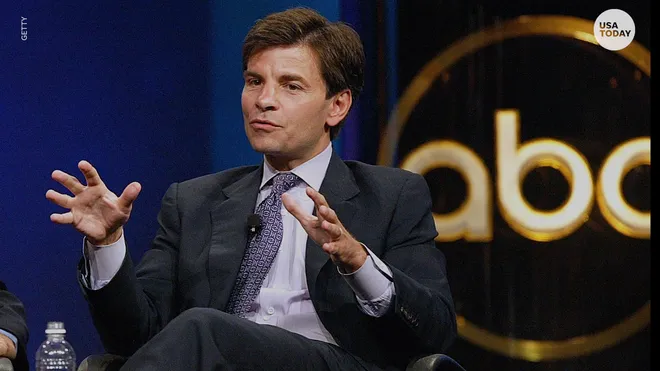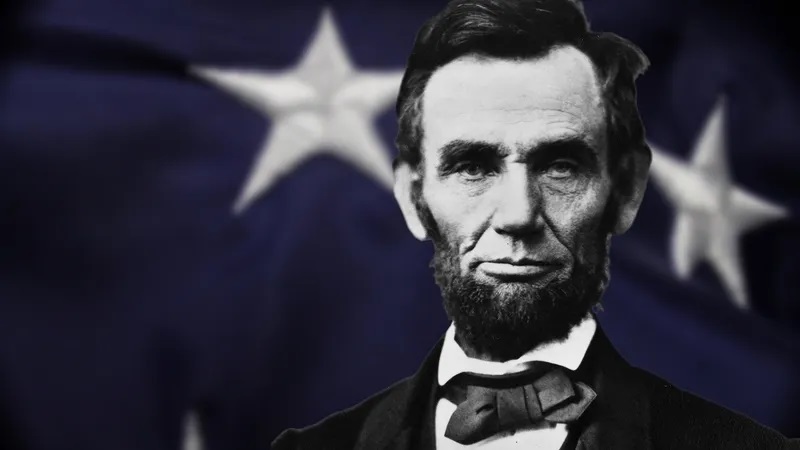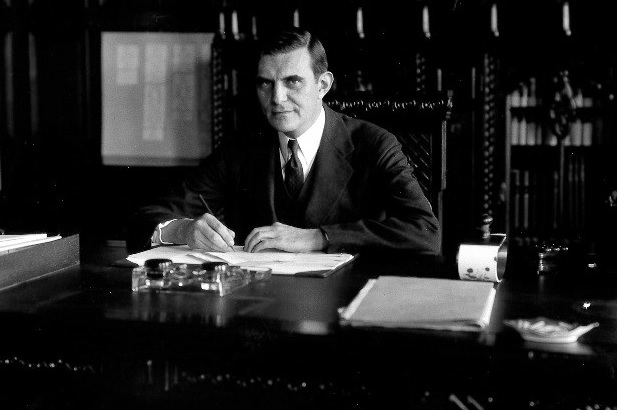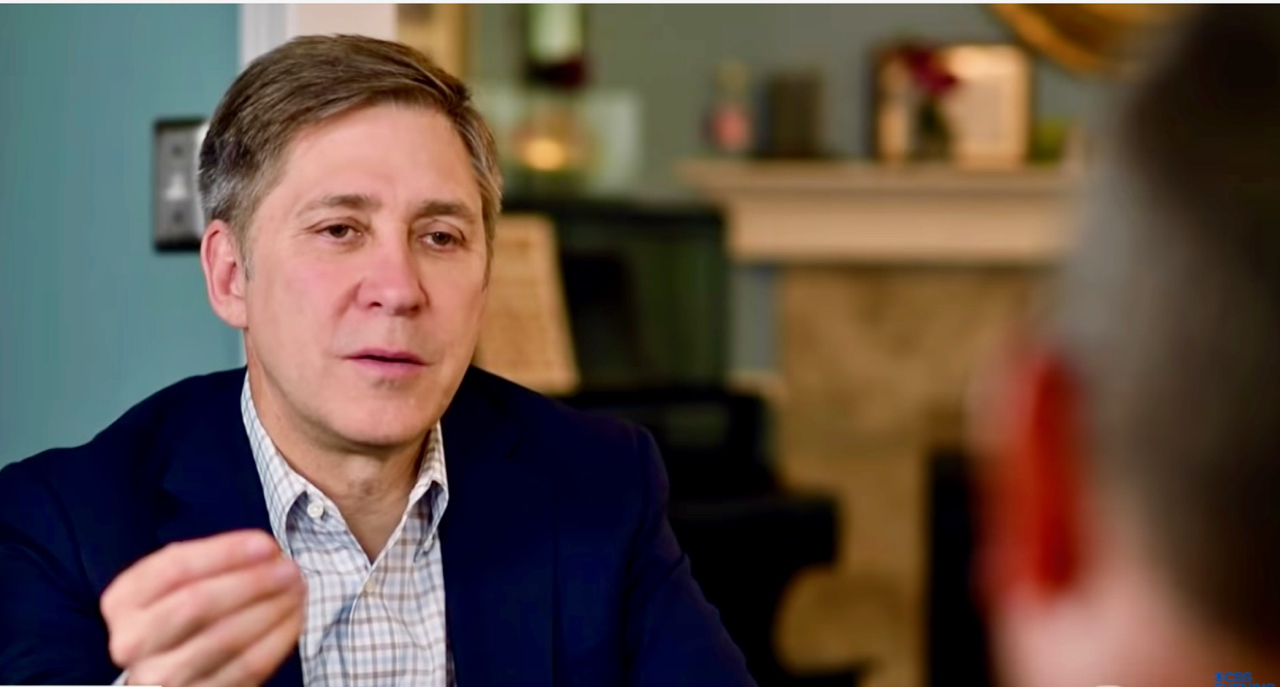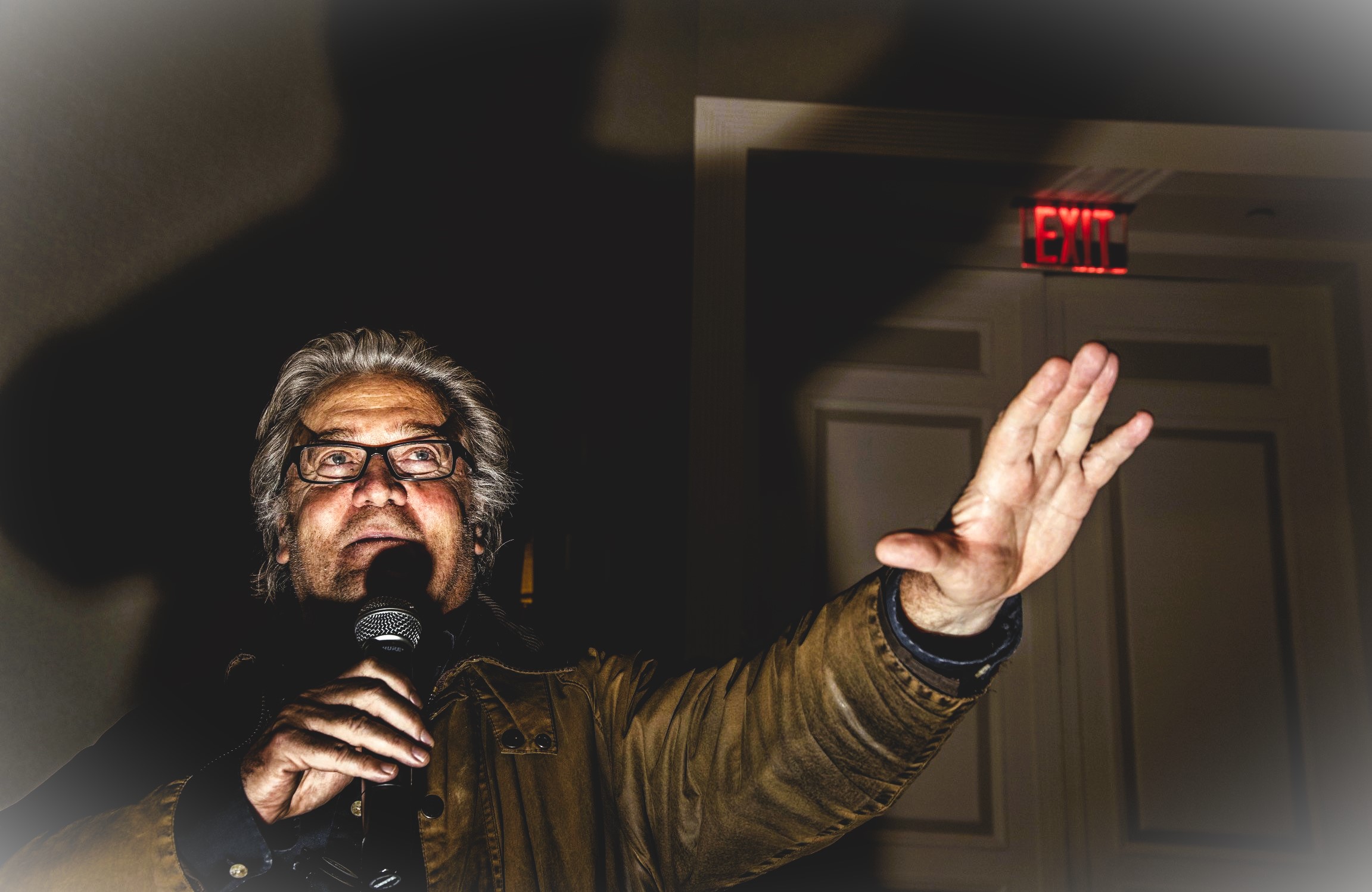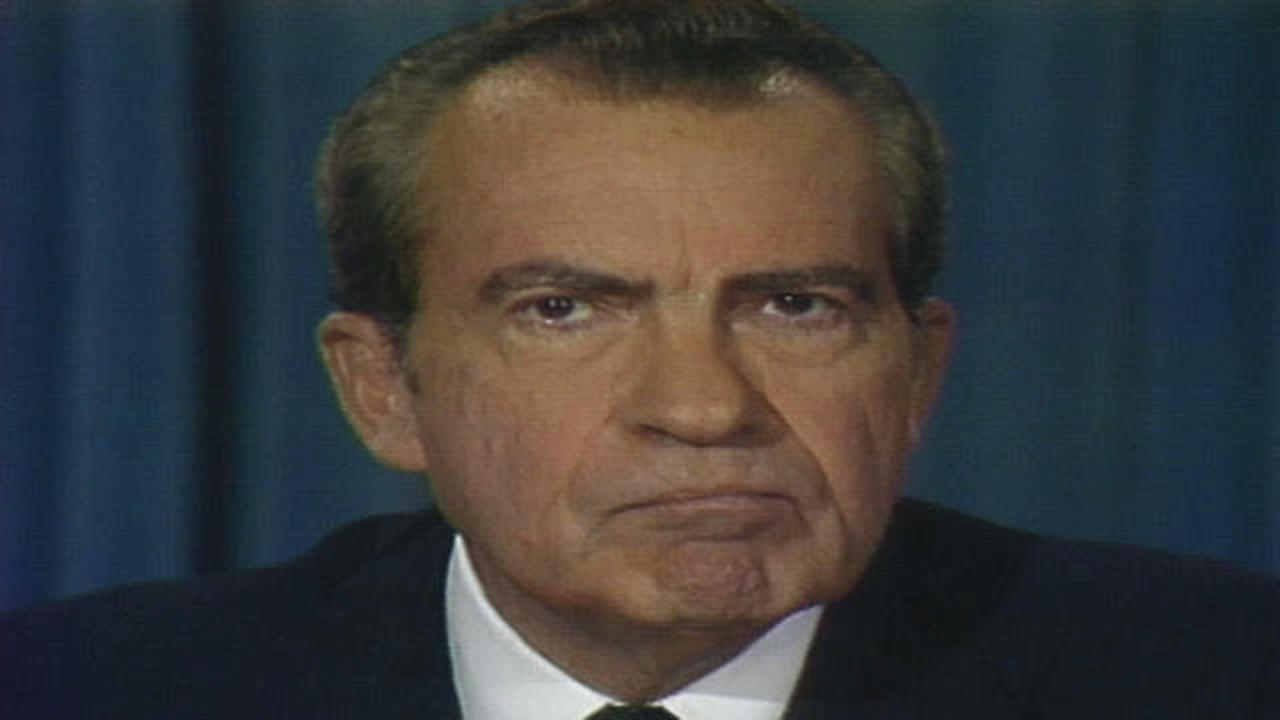
Photo: Ji Pak on Unsplash
. . . two U.S. Senators, one Republican, one Democrat, showed us the meaning of duty and character.
Republican John Williams, a chicken farmer and feed dealer from southern Delaware, had never gone to college. He spoke so quietly on the Senate floor that the news media dubbed him “Whispering Willie.” But when he spoke, people listened as he exposed the biggest corruption scandals of the late 1940s, 1950s and 1960s – sending hundreds of government officials to prison, saving taxpayers hundreds of millions of dollars – without a sleuthing staff, without the power of subpoena, without a special counsel serving as prosecutor. Congress never appropriated a penny for his investigations, and Williams paid all expenses out of his own pocket. He always informed the subject of an investigation of his findings personally before he announced them publicly, and never once in twenty-four years did he falsely accuse anyone.
Williams helped uncover wrongdoing by William Boyle, the chairman of the Democratic National Committee, and, separately, Guy Gabrielson, the chairman of the Republican National Committee; both men resigned.
When the Internal Revenue Service informed Williams that he had been delinquent in paying his income taxes, he investigated and discovered that not only had he properly paid his taxes, but an IRS employee had juggled taxpayer accounts (William’s among them) and embezzled $30,000. Williams kept asking questions, and eventually 125 IRS employees were convicted and 388 were fired or quit, including the top five IRS officials.
Williams was one of the first to raise questions about suspicious ties between Sherman Adams, President Eisenhower’s closest advisor, and Bernard Goldfine, a wealthy Boston industrialist. Adams later resigned.
Years later, in the 1960s, Williams exposed the criminal exploits of Bobby Baker, the powerful secretary of the Senate Democrats and Lyndon Johnson’s protégé. Baker had amassed a personal fortune of $2.1 million by the age of thirty-four on an annual salary of $19,600. Johnson’s close association with Baker never became a significant political issue for the President, but in 1964 LBJ was terribly agitated about Williams’s pursuit of the Baker matter.
We now know from Michael Beschloss’s 1997 book Taking Charge and its transcripts of the Johnson White House tapes that at one point Johnson got Senate Majority Leader Mike Mansfield to shut down the Senate’s investigation of Baker. Johnson also said to Mansfield on May 14, 1964, “We’ll just have to go after Mr. Williams…He’s a mean, vicious man.” Whether Johnson actually followed through is unknown …
Baker and his cronies tried to “silence Williams’s sources, to deceive him with false leads, to smear his character, even involve his family.” Strangers from Washington began showing up in tiny Millsboro, Delaware, asking questions about Williams. The IRS summoned the Senator to explain his 1963 tax return, which of course had been properly computed and filed. The Washington Evening Star reported that Williams’s mail was even intercepted. “The Senate should be totally outraged,” the newspaper said in an editorial. “Obviously, someone high in the Executive branch issued the instructions for this monitoring. Nothing of the sort, as far as anyone knows, has ever been done before.”
“I have plenty of time…and I am not about to be intimidated,” the beleaguered Williams …warned his colleagues. “In fact, my curiosity and determination grow as resistance intensifies.” Eventually, Bobby Baker was convicted of theft, income-tax evasion, and conspiracy.
Williams was willing to stand up to any President, Republican or Democrat, and the most powerful corporate interests in his own backyard. Throughout his political career, he refused to accept political contributions but instead ran his campaigns through the state Republican Party. He had no campaign manager and no campaign organization.
Today, if a person of Williams’s modest background expressed an interest in running for Congress, he or she would probably have trouble getting anyone in either party to listen.
_____________________________
Excerpted with permission from The Buying of the Congress (1998) by Charles Lewis who submitted this story for my book, “What Do You Stand For?”
Comments
